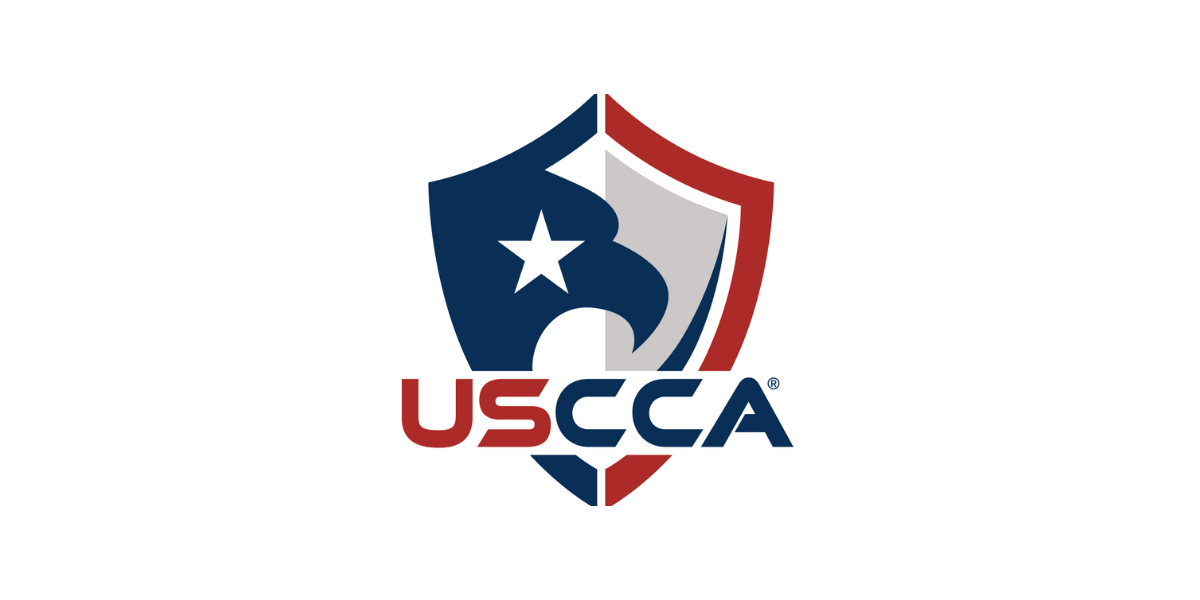In early April, a panel of U.S. Court of Appeals for the Fifth Circuit judges ruled 2-1 against the nationwide injunction that had paused the enforcement of the federal vaccine mandate. However, even though the judgment overturned the decision of the lower court to halt the mandate, there is still a grace period put into place until the decision takes effect.
While this grace period only prevented federal employees who were not in compliance with the federal mandate from being fired, suspended, or facing any other sort of punishment due to their vaccination or exemption status until May 31, a petition from those challenging the mandate has further pushed this date back, as the court has selected to hear the second appeal.
The plaintiff’s attorney for the appeal requested a rehearing from the full panel of the fifth circuit, commonly known as an en banc hearing. When an en banc hearing is granted, the court frequently postpones the execution of a prior three-judge panel’s decision. In this situation, that might mean keeping the injunction in place while the arguments are being rehearsed.
However, this is far from a certainty. On one hand, the court might grant the petition, keeping the injunction in place until the matter is heard by the whole Fifth Circuit. Or, the court might postpone the imposition of suspensions and firings for unvaccinated federal employees by delaying the withdrawal of the injunction until the plaintiffs have exhausted all of their appeal rights. Those opposing the requirement, have requested the Fifth Circuit to do exactly that if an en banc hearing is denied so that they can take their case to the Supreme Court.
It is unlikely, however, that the Supreme Court would be favored to rule on these cases since it has already ruled twice before on cases surrounding the vaccine mandate back in January of this year. While they allowed for the requirement to remain in effect for healthcare workers, they invalidated the other requirement that only applied to larger private-sector employers.
What’s the Future of Vaccine Mandates in the Federal Workforce?
For the time being, the White House has directed agencies to maintain the status quo. The preliminary injunction is still in effect, according to an official from the Office of Management and Budget, and agencies, including the Safer Federal Workforce Taskforce, are not taking any actions to prepare for enforcement. Feds also cannot handle or decide petitions for religious or medical exemptions at the moment. The White House estimates that testing unvaccinated employees for COVID-19 will cost an additional $5 million each week while the injunction is in effect and enforcement is on hold.
According to White House data, before the original injunction, it was estimated that approximately 98% of government employees were either in compliance with the vaccine mandate or had submitted for an exemption/reasonable accommodation. If the mandate is reinstated, nearly 40,000 employees, as well as any workers whose exemption petitions are granted, may face suspension or termination. Being said, many are cautious that removing a sizable portion of the federal workforce due to their refusal to comply might cause more harm than good, as more slowdowns would surely follow suit. Coupled with the struggle many agencies are facing with bringing workers back into the office, this may be a reason why many agencies have not made any preparations to follow through on the enforcement of the vaccine mandate unless explicitly told to do so.
While it is hard to say exactly how the courts will rule when it comes to either putting the mandate into effect or holding off on its enforcement, the Biden administration has urged agencies to prepare for the implementation of the mandate should the enforcement of it be allowed while further appeals are taking place.
One of the strongest arguments for keeping the enforcement of the vaccine on hold comes from the plaintiff’s attorney in this case, R. Trent McCotter. McCotter mentioned that should the enforcement of the vaccine be allowed during the appeals process, if the courts ultimately decided against the vaccine mandate, there would be a massive number of logistical problems since agencies would have to rescind all of the punishments levied during this time, causing “mass confusion and chaos” for agencies and federal employees alike.
Looking ahead, however, the longer the vaccine mandate sits in legal limbo, the more concerns around COVID-19 will continue to die down, which, if contained enough, could result in the vaccine mandate becoming something of a non-issue, not requiring reasonable accommodations/exemptions. Being said, with midterms coming up in November, it would not be surprising to see matters concerning COVID-19 vaccine mandates return to the national spotlight. However, with many federal employees’ livelihoods at stake, it is reasonable to assume that there will be more finalized directions given to agencies with regards to either processing or voiding these requests before then.
Keep Your Eyes on the Court
Most agencies began bringing staff back to work this spring and were hoping that all non-exempt personnel would be vaccinated at the same time. However, due to the holding period we are in regarding the enforcement of the vaccine mandate, there are still a sizeable number of federal employees who either have reasonable accommodation requests pending or remain on the precipice of facing some sort of discipline. For those in this situation, it will be important to keep an eye on the Fifth Circuit court and its action.
If you are a federal employee that is seeking additional guidance on the future of the vaccine mandate or will be looking for assistance in requesting a medical or religious accommodation, our team of attorneys is available to assist today.







